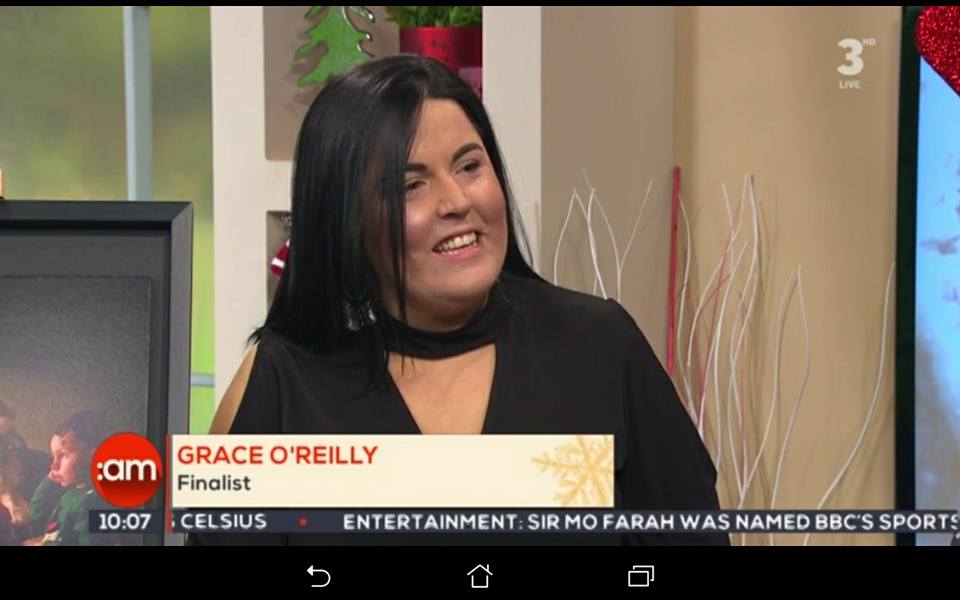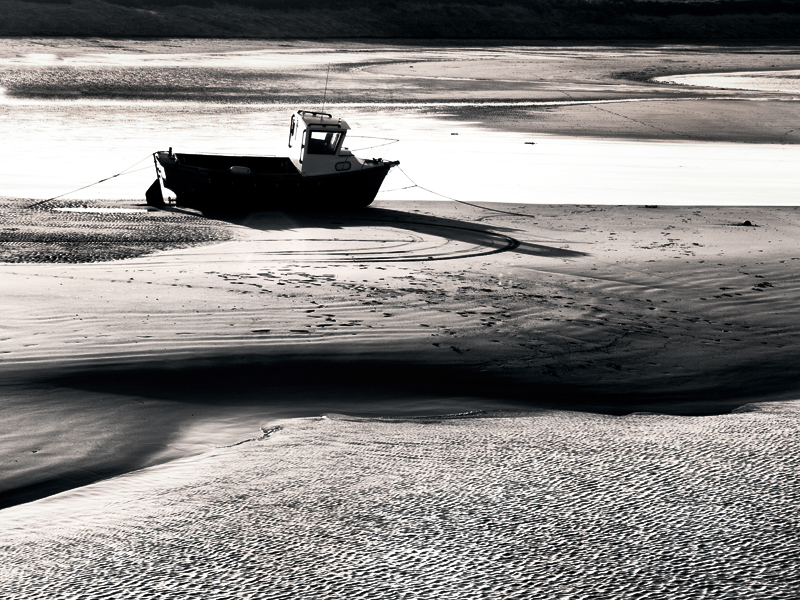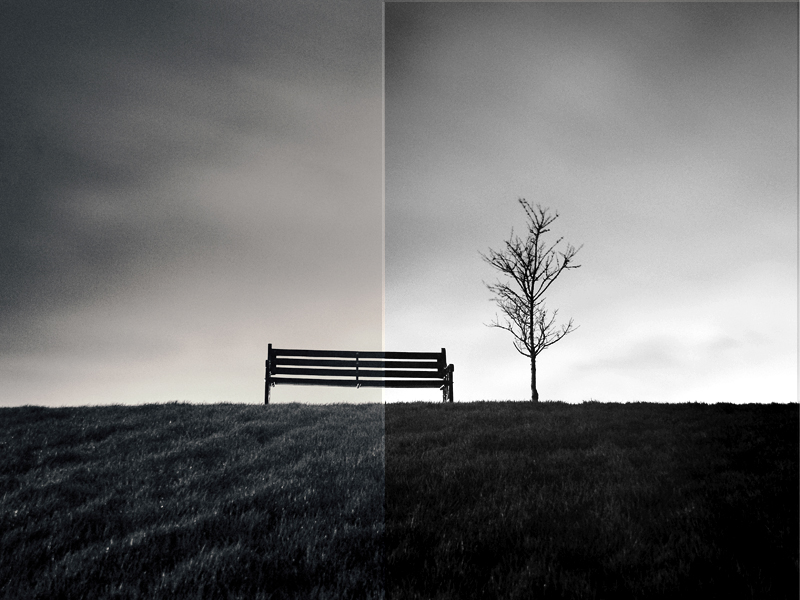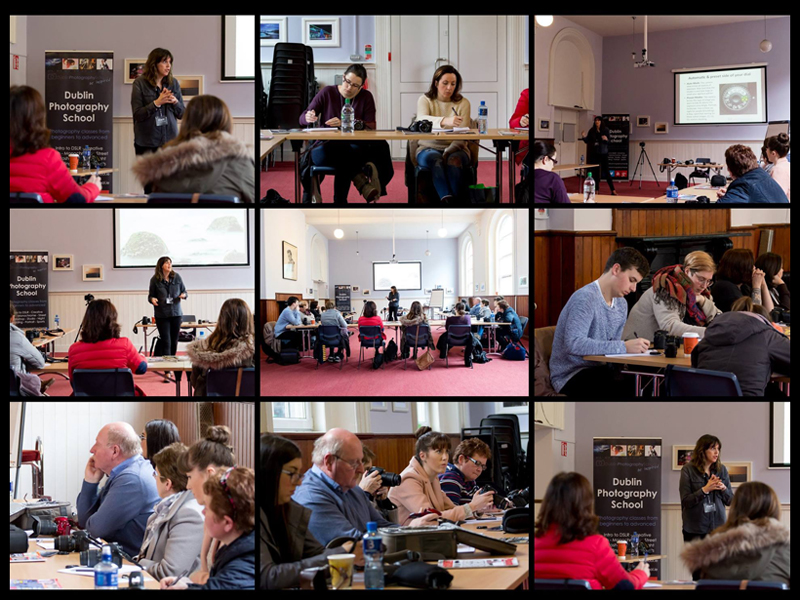
Buying your first camera or even upgrading to a new one for that matter can be a bit of a mine field. This is not helped by going online to have a quick look aT options, only to be absolutely frazzled by the amount of jargon, abbreviations, techno-babble, brand fan-boys and add an healthy dose of pixel-philes, and the whole experience will leave your head spinning. Here at DPS we have decided to put together a simple list to different guides that help you put together the best camera for your needs. We have decided to leave aside brand (most brands are created equal and generally it comes down to preference) and focus on the main camera “types”, starting at the very bottom and working up in terms of functions and features.
Smartphone (Camera Phone)

You won’t need too much of an introduction to smartphones, chances are, you are reading this on one right now. So, is the camera on your phone any good? The short answer is…YES! but LIMITED! Many a seasoned photographer dimisses the camera phone as a toy, however for many this is their first introduction to the world of photography. While the iPhone, Android or Windows smartphones are fantastic for learning and practicing composition, most photographers will quickly outgrow them and find them very limiting after a while. This is where most people will decide to upgrade or buy their first “Real” camera. In saying that, if you want to get more out of your smartphone photography have a look at our Smartphone Workshop Here.
Pros: Small, mobile, always on your person & lots of editing apps.
Cons: Limited functions, limited accessories & it is a feature of your phone, rather than the main purpose.
Compact Camera
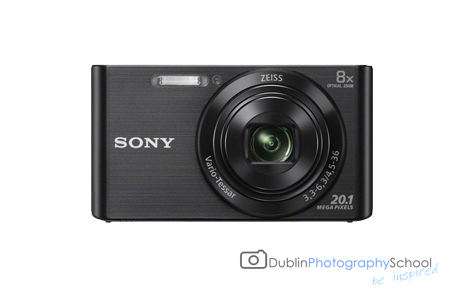
With the rise of the smartphone, the compact camera is fast becoming an endangered species. The big brands like Canon, Nikon, Sony and Olympus are producing fewer units and models each year. With most Smartphones being able to match them in terms of quality and functions in all but the most advanced compact models.
Pros: Compact, Mobile, Multiple in-camera functions, better battery than smartphones, dedicated memory card so no competing for space on phone & price
Cons: Not much improvement on Smartphone, carrying extra item & although it has more functions than a smartphone, it is still very limited.
Bridge Camera

With the demise of the compact camera, most camera manufacturers have diverted the resources that they once poured into compact cameras into Bridge cameras. So what is a Bridge Camera? To put it simply, it is a compact camera on steroids! These cameras are a massive step up from a compact and smartphone camera, however a step down from a DSLR (we will get to that!) These cameras have a lot of the mobility of a compact camera, with some of the power of a DSLR……almost as if it was a “BRIDGE” between the two. While bridge cameras are fine for most enthusiasts starting out, and even taking a photography course, (as most bridge cameras have manual modes and settings), they will eventually outgrow them, it will take slightly longer than if they had a phone or compact camera, but in our experience in DPS we find most students who complete our basic courses will often look to upgrade from a bridge as soon as they can.
Pros: Compact(ish), lots of features, manual modes, suited to more “serious” photography & price.
Cons: Limited aperture range, lens is fixed and cannot be upgraded, limited ISO range & shutter lag( slow to take picture when button is pressed).
DSLR (DPS RECOMMENDED)
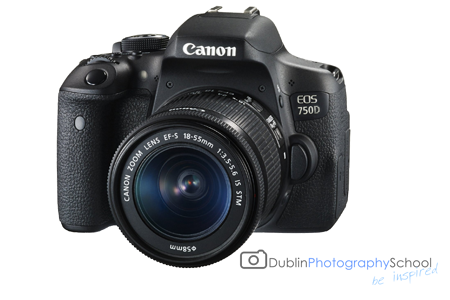
DSLR is an abbreviation for ‘Digital Single Lens Reflex’, in short, this means the camera does not suffer from any noticeable shutter lag. What is Shutter Lag? If using a phone, compact or bridge camera, when you press the button to take a picture, there is a delay between when you press the the button and when the camera actually takes the shot, this is known as shutter lag and can be very noticeable on some cameras and phones and may lead to missing the shot. DSLR cameras come with interchangeable lenses, meaning the lens on the camera can be taken off and switched with another one. This can be used to improve the cameras performance and the type of images the cameras will produce. DLSR cameras are often considered to be of Pro & Semi Pro standards, and although by no means is this accepted by all, they are the staple of enthusiasts and professionals alike. We recommend these and mirrorless cameras (don’t worry we will get to that too) for most of our Photography Courses and Photography Workshops.
Pros: Full of functions and features, sturdy, high image quality, interchangeable lenses, accessories, good low light performance & no shutter lag.
Cons: Bulky, can be expensive & requires semi regular cleaning.
Mirrorless Cameras (DPS RECOMMENDED)

These are often called four third cameras, but this is a bit of a misnomer these days……when these cameras where first introduced about 10 years ago, they were dismissed as a fad by a lot of photographers and at the time the technology just wasn’t up to snuff. However in recent years there has been major innovations from (for example) Fuji and Olympus in this area and they have not only come into their own, but have massively excelled. These cameras have all the power of DSLR’s but are about half the size and weight, making them super compact. However, because of the absence of the “lens reflex” the LR part in a DSLR, these cameras suffer from noticeable shutter lag, while not as bad as a phone, compact or bridge, it still isn’t as good as a DSLR, but is improving all the time. These cameras are also hard on battery life and have reduced image quality, however we feel that for travel and street photography they are unmatched. Check out our DPS Snapshot Photography Podcast, on the rise of the Mirror less camera here.
Pros: Compact, full of functions and features, sturdy, interchangeable lenses, accessories & good low light performance.
Cons: Shutter lag, can be expensive & often only medium image quality.
Full Frame DSLR

If you are just starting out in photography…forget it! Get the techniques right first, then get the technology. If you are thinking about going full frame from a DSLR, remember that everything gets bigger – the price tag on lenses, camera bodies, filters, processing power and so on. You need to do your homework if you are considering purchasing one. Your current accessories may not be compatible with your new full frame camera. Pay particular attention to your lenses as they may not be compatible. If your reaching this point in your photography, then for most it is a milestone, as most “serious photographers” will eventually move to full frame. With photography and the whole photographic industry changing so rapidly this may not be the case in a few years time. If you plan to work professionally or semi professional then this may be the upgrade you need, depending on the genre you are working in.
Pros: Professional functions and features, sturdy, high image quality, interchangeable lenses, accessories, good low light performance & no shutter lag.
Cons: Bulky, expensive, require regular cleaning & not backwards compatible.
[color-box]
Check Out Some Of Our Beginners Photography Courses
[turbo_widget widget-prefix=featured-page-2&obj-class=Genesis_Featured_Page&id_base=featured-page&widget-featured-page-2-title=&widget-featured-page-2-page_id=159&widget-featured-page-2-show_image=true&widget-featured-page-2-image_size=medium&widget-featured-page-2-image_alignment=alignleft&widget-featured-page-2-show_title=true&widget-featured-page-2-show_content=true&widget-featured-page-2-content_limit=180&widget-featured-page-2-more_text=Read+More]
[turbo_widget widget-prefix=featured-page-2&obj-class=Genesis_Featured_Page&id_base=featured-page&widget-featured-page-2-title=&widget-featured-page-2-page_id=157&widget-featured-page-2-show_image=true&widget-featured-page-2-image_size=medium&widget-featured-page-2-image_alignment=alignleft&widget-featured-page-2-show_title=true&widget-featured-page-2-show_content=true&widget-featured-page-2-content_limit=180&widget-featured-page-2-more_text=Read+More]
[/color-box]
 Have you ever wanted to try your hand at film photography but didn’t know where to start? Does it all seem a little too bewildering ? Let us introduce you to film photography. Throughout the evening, Stewart will introduce you to the different types of film, process and cameras, as well as fun and the creative practices of Lofi- photography and Lomography.
Have you ever wanted to try your hand at film photography but didn’t know where to start? Does it all seem a little too bewildering ? Let us introduce you to film photography. Throughout the evening, Stewart will introduce you to the different types of film, process and cameras, as well as fun and the creative practices of Lofi- photography and Lomography.








